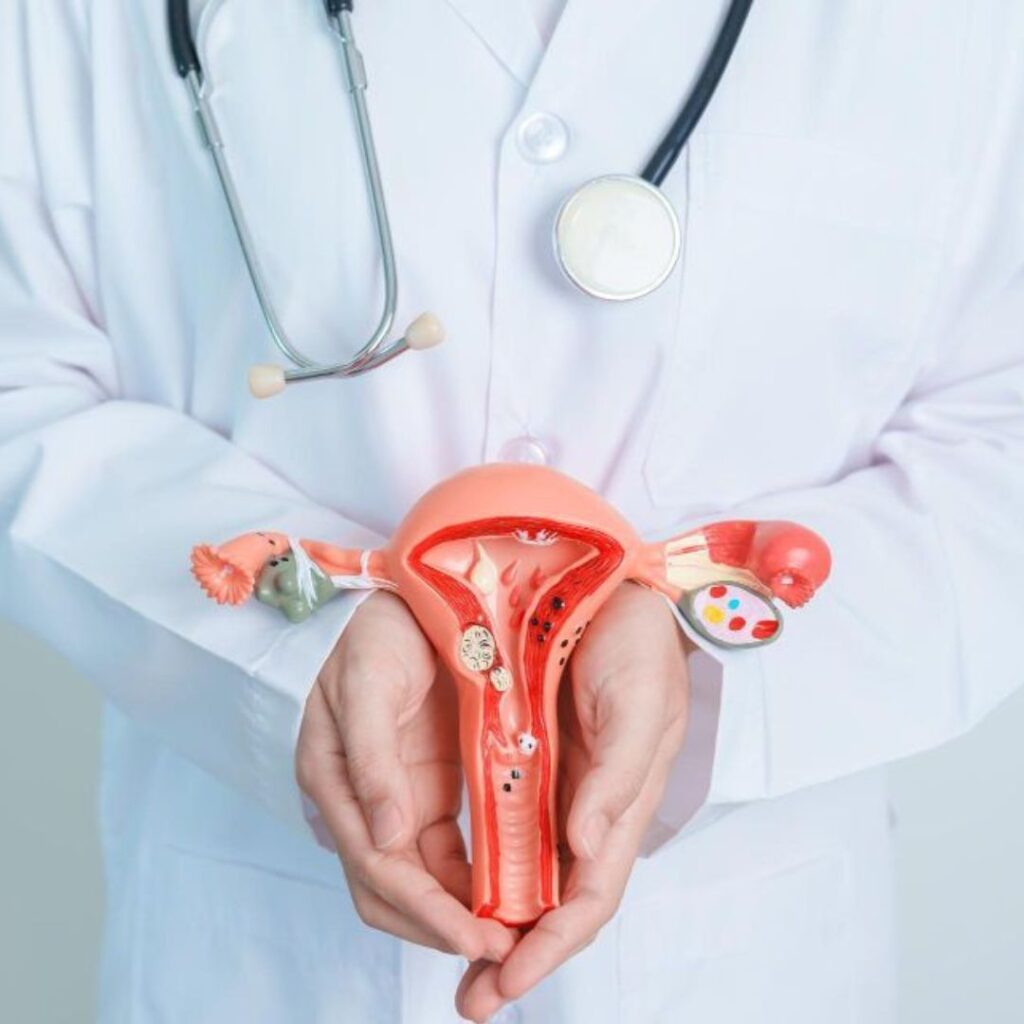For women undergoing IVF, the quality of their eggs plays a major role in determining the chances of a successful pregnancy. Egg quality impacts fertilization, embryo development, and implantation — making it one of the key focus areas for couples trying to conceive through assisted reproductive techniques. While age and genetics are factors you can’t change, there are many natural and effective ways to improve egg quality in the months leading up to IVF.
In this blog, we’ll explore simple, science-backed strategies you can follow at home to support your fertility journey.
1. Prioritize a Fertility-Focused Diet
Nutrition is one of the most powerful tools you have. A diet rich in antioxidants, healthy fats, and essential vitamins can help reduce oxidative stress and improve ovarian function.
Foods to include:
- Leafy greens like spinach and kale
- Berries (blueberries, strawberries, raspberries)
- Whole grains and legumes
- Omega-3-rich foods such as walnuts, chia seeds, and salmon
- Avocados, nuts, and seeds
Avoid processed foods, Trans fats, and excess sugar, which are known to create inflammation and hormonal imbalance.
2. Manage Stress through Mind-Body Techniques
Chronic stress can impact hormone levels and interfere with ovulation. Women preparing for IVF often experience anxiety, but incorporating relaxation techniques can make a huge difference in your reproductive health.
Try:
- Meditation and mindfulness
- Yoga or gentle stretching
- Deep breathing exercises
- Journaling or nature walks
Dr. Aprajita Srivastava, a highly skilled gynecologist, IVF specialist, and laparoscopic surgeon based in Sector 121, Noida, highlights that managing emotional well-being is just as important as physical health when preparing for fertility treatments like IVF, IUI, or egg freezing.
3. Use Fertility Supplements Wisely
Certain supplements have been shown to support mitochondrial health and egg maturation, especially for women above 30 or those with low ovarian reserve.
Some recommended supplements include:
Coenzyme Q10 (CoQ10): Supports cellular energy in egg cells
DHEA (under medical supervision): May help improve egg quantity in women with diminished ovarian reserve
Myo-inositol: Supports hormone balance and ovarian function
Folic Acid: Crucial for egg development and preventing birth defects
Vitamin D, E, and B12: Also play a role in reproductive health
It’s important to consult a fertility specialist before starting any supplement routine. Dr. Aprajita customizes supplement plans based on each patient’s hormonal profile and fertility goals.
4. Maintain a Healthy Weight
Being either underweight or overweight can negatively impact ovulation and egg quality. Fat cells influence estrogen production, and imbalance in estrogen levels can interfere with egg maturation.
Ideal steps:
- Achieve a BMI between 18.5–24.9
- Engage in 30 minutes of moderate activity like walking, yoga, or swimming
- Avoid crash dieting; focus on sustainable, nutrient-rich eating
- A healthy body supports a healthy reproductive system.
5. Eliminate Smoking, Alcohol, and Caffeine
Cigarette smoke contains toxins that accelerate egg aging. Alcohol and high caffeine intake can also impact hormone regulation and fertility outcomes.
Recommendations:
- Stop smoking at least 3–6 months before IVF
- Limit alcohol completely or restrict to no more than 1 drink per week
- Reduce caffeine intake to under 200 mg/day (about one cup of coffee)
- These changes can improve ovarian response and embryo quality.
6. Improve Sleep Quality
Sleep regulates melatonin, a hormone that not only controls your sleep cycle but also supports egg maturation and protects ovarian follicles from oxidative damage.
- Aim for 7–8 hours of uninterrupted sleep each night
- Avoid blue light from screens 1 hour before bedtime
- Maintain a consistent sleep schedule
Poor sleep can impact LH (luteinizing hormone) and FSH (follicle-stimulating hormone), both crucial for ovulation and egg health.
7. Detox Your Environment
Environmental toxins, including pesticides, plastics (like BPA), and harsh chemicals, may act as endocrine disruptors and lower fertility.
To reduce exposure:
- Eat organic when possible
- Avoid heating food in plastic containers
- Use natural or non-toxic cleaning and personal care products
Dr. Aprajita emphasizes a clean living approach to boost reproductive health for couples preparing for IVF and other fertility treatments.
8. Track Ovulation and Hormonal Cycles
Understanding your ovulation pattern gives insight into how your body is functioning. Use apps, ovulation kits, or get hormone tests done by your gynecologist to monitor FSH, LH, estrogen, and AMH levels.
Expert Support Matters
While lifestyle improvements are powerful, expert supervision ensures you’re on the right path. At her fertility clinic in Noida, Dr. Aprajita Srivastava works closely with patients to evaluate hormone levels, create nutrition and supplement plans, and determine the ideal timeline for IVF or IUI treatment.
Known for her compassionate care and deep expertise in infertility treatments, high-risk pregnancy, laparoscopic surgery, and IVF, she’s helped many couples turn hope into reality.
Final Thoughts
Improving egg quality doesn’t happen overnight. Ideally, you should start making lifestyle changes at least 3–6 months before beginning IVF. Patience, persistence, and professional guidance can significantly boost your chances of success.
If you’re planning fertility treatment and want to increase your chances naturally, book a consultation with Dr. Aprajita Srivastava in Noida today. Get personalized strategies backed by medical expertise and experience a holistic approach to your reproductive health.
Dr. Aprajita Srivastava is a highly experienced IVF Specialist in Noida, Gynecologist, and Obstetrician with over 13 years of expertise. Holding an MBBS, DGO, and a Fellowship in Minimal Access Gynaecology Surgery & Reproductive Medicine, she specializes in IVF, IUI, and advanced fertility treatments.
Practicing at Qure Clinic, Sector 121, Noida, Dr. Aprajita is dedicated to compassionate care, personalized solutions, and helping families achieve their dream of parenthood.


